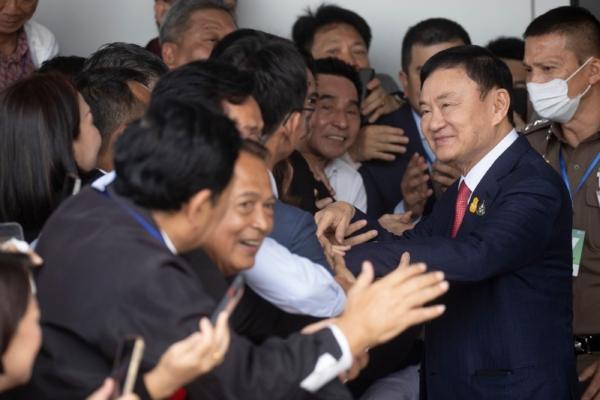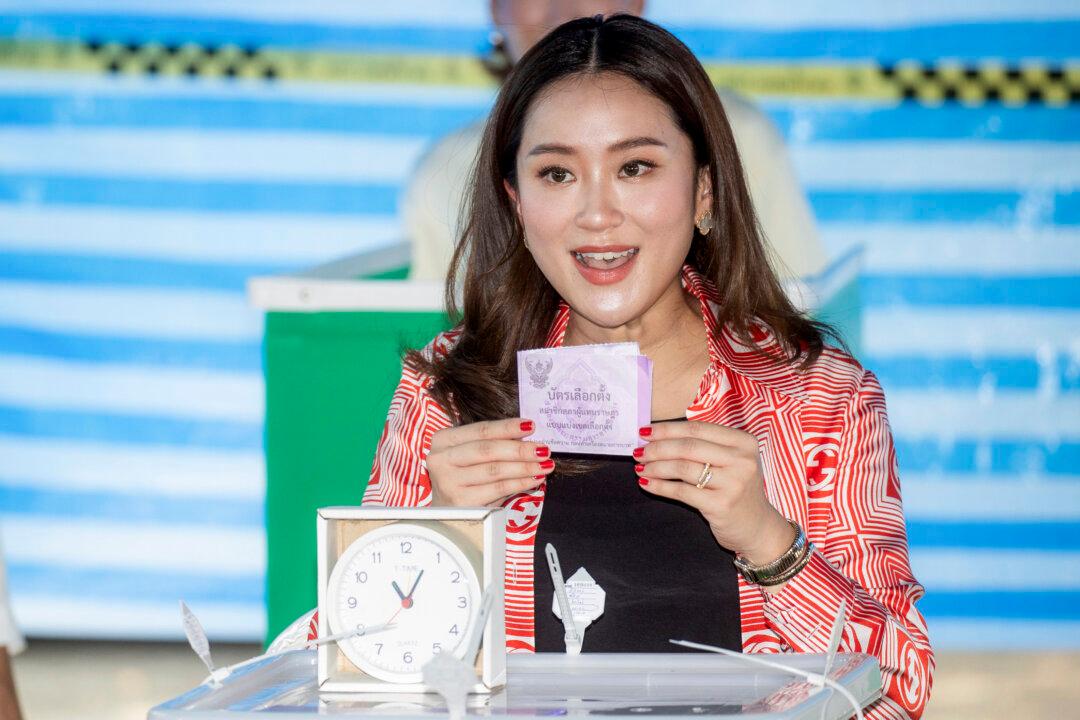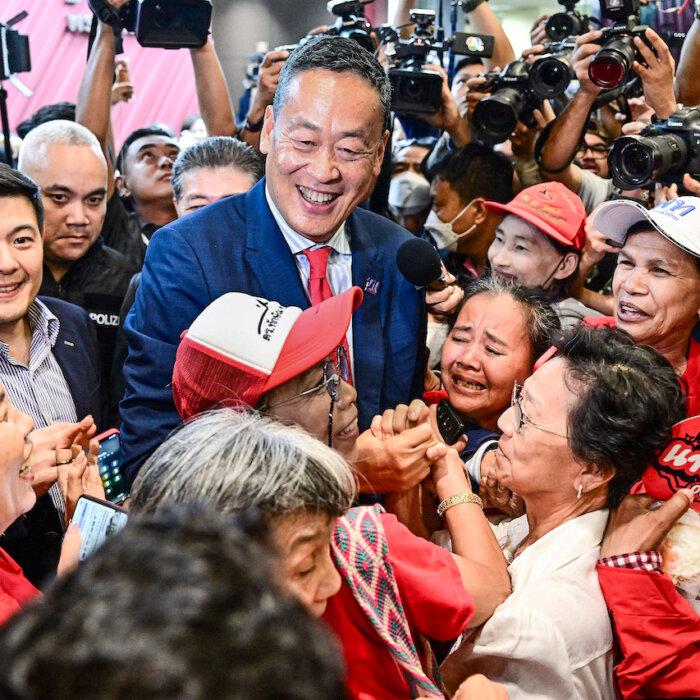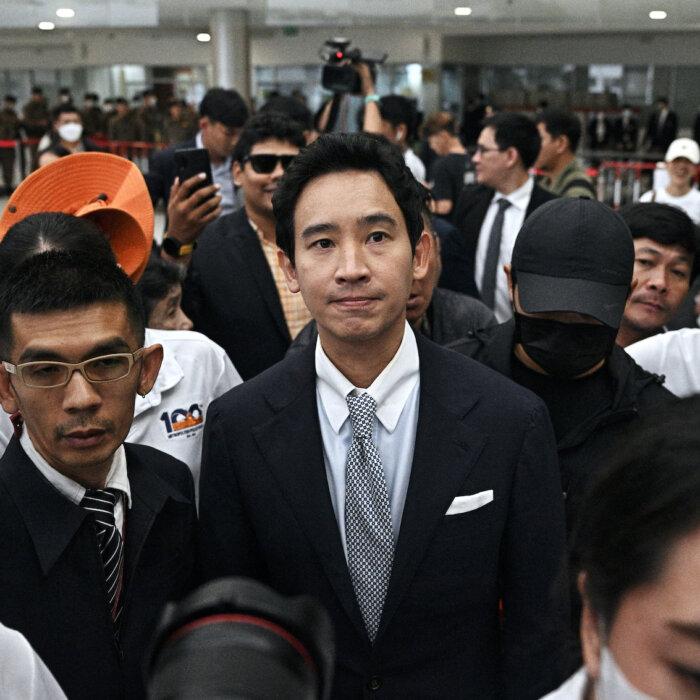Paetongtarn Shinawatra will be Thailand’s new prime minister—the third member of her family to be granted the honor—after she won a vote in the country’s parliament.
Pheu Thai then nominated Paetongtarn—whose father Thaksin, and aunt Yingluck have both served as prime ministers—as their candidate.
In Friday’s vote in parliament, Paetongtarn won by 319 to 145.
At 37 years old, she will be Thailand’s youngest-ever prime minister.
Paetongtarn, who became the Pheu Thai Party’s leader in October, will hope to avoid the fate of her father and aunt, who were both ousted by military coups, in 2006 and 2014 respectively.
She recently insisted she was not her father’s proxy.
‘The Country Has To Move Forward’
After winning her party’s nomination for the post on Thursday, Paetongtarn said: “The country has to move ahead. We are determined, together and we will push the country forward.”Thitinan Pongsudhirak, a political scientist at Chulalongkorn University, said: “She will be under scrutiny. She will be under a lot of pressure. She will have to rely on her father.”
Paetongtarn, who has a degree in political science and a Master’s in international hotel management, first appeared on the political scene in Thailand in 2021 when Pheu Thai appointed her as chief of its inclusion and innovation advisory committee.
Asked at the time if she saw a political career for herself, she said: “I feel safer to be an adviser than a politician. I want to make my project successful. For other things, I am not ready yet.”
During last year’s election campaign, Paetongtarn traveled extensively and addressed rallies while heavily pregnant with her second child. Her son, Prutthasin, was born two weeks before the election.
Pheu Thai came second in last year’s election, with 29 percent of the vote, but Srettha was installed as prime minister in August 2023 after weeks of political deadlock.
Pita Limjaroenrat, a Harvard graduate and the leader of a progressive party, Move Forward—which won almost 38 percent of the votes in the election—had been blocked as prime minister by conservative senators, appointed by the military.
Last week Move Forward was formally dissolved by the Constitutional Court, which cited its controversial plans to reform the country’s lèse-majesté laws.

Thailand is a constitutional monarchy but the royal family is revered in a way quite unlike any other country in the world and is protected by powerful lèse-majesté laws.
In the past 23 years—since Thaksin was first elected prime minister after winning a landslide victory in 2001—Thailand has been polarized between conservatives and progressives.
Military Coups Have Twice Ousted Shinawatras
He was removed in a military coup in 2006, by an army that had the strong support of royalists and many urban Thais.When democracy was restored, Thaksin’s sister, Yingluck Shinawatra, formed the Pheu Thai party and became prime minister but she too was ousted in another coup in 2014, by army chief Prayuth Chan-ocha, who won an election five years later.
Last year Pheu Thai alienated some of its supporters when it made a coalition deal with conservatives, including Prayuth, which allowed Thaksin, now 75, to return after 15 years in exile.
The Shinawatras are fourth-generation Chinese immigrants. Thaksin’s great-grandfather, Seng Saekhu, migrated from Guangdong province in the late 19th century to Chiangmai, Thailand, then known as Siam.







